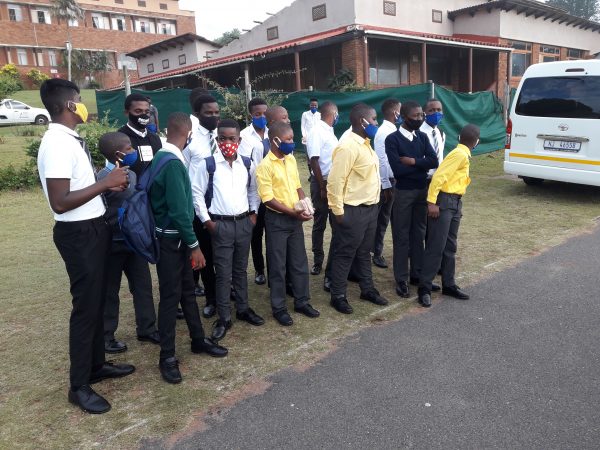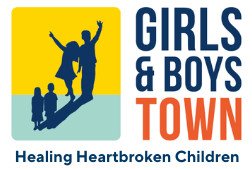- Staff login / Hotline
- 0861 58 58 58
Child Protection Week: Top priority – Keep children in school for education and protection

One of the most important rights of children are the rights to basic education. It is widely accepted that the learning process is instrumental in shaping a person, giving them the tools needed in life. School education contributes immensely to the development of the young minds as they step into adulthood and offers protection mentally, physically and socially.
Keeping children in school should become a top priority.
For Child Protection Week, Girls and Boys Town South Africa (GBTSA) raised awareness about the high school dropout rates and the significance of keeping youth in school.
National Child Protection Week is commemorated annually to raise awareness of the rights of all children as well as the difficulties children in South Africa face every day to persevere with their schooling.
The Zero Drop Out campaign estimates that about 40% of children who enter the education system drop out before they reach matric.
Children are most likely to drop out when they reach high school. The road to get there is arduous: many struggle from grade 1 to 7 and are often passed through the lower grades despite not mastering basic numeracy and literacy. When they reach grade 8, they cannot cope with the academic requirements. Not recognised learning difficulties and challenges that relate to childhood trauma including abuse, abandonment, neglect, domestic violence and death of parents and family members also impact children in school.
This is the reality faced by many youths, meaning that dropping out of school has also become more common and normalised in society.
Schools offer a sense of physical and mental protection in a country where most parents are required to work and children are often left alone at home.
Youth who come to a residential-type child-protection and development environment like GBTSA experience or are exposed to childhood trauma, which affects their school progress. In response, many schools are reluctant to accept learners who are over-age learners as they are older than most children in a grade for which they are academically fit.
“We recognise the immense value that the school plays in helping children grow into confident, productive and healthy youth and adults,” says Karen Farred, Head of Residential Services at Girls and Boys Town South Africa.
GBTSA has over 60 years worked to develop relationships with schools, the Department of Basic Education and the schooling sector to ensure school placements for our children – who are placed into our care by the Children’s Court. GBTSA has programmes to address classroom behaviours and we have Learning Support Centres where youth are remediated and supported. This assists them to bridge learning barriers and opens the door for youth into the formal education system.
Education remains the critical factor to uplift individuals from conditions of poverty and helps to break the cycle of deprivation. While the high rate of unemployment is of grave concern, particularly the unemployment among youth, having an education is invaluable. Depending on their academic stream, children can move through the GET (General Education and Training) and exit school at Grade 9 which qualifies them to do vocational training.
In a country with high rates of school dropouts and illiteracy, having an education is an advantage in the labour market.
This Child Protection Week, GBTSA encourages the public to support schools and organisations like GBTSA with interventions that they have in place. Partnerships and teamwork among families, schools and communities can open every child’s right to education. “Let’s work together to create a safe space to learn, whether it’s at home doing homework or in the classroom,” concludes Ms. Farred.
